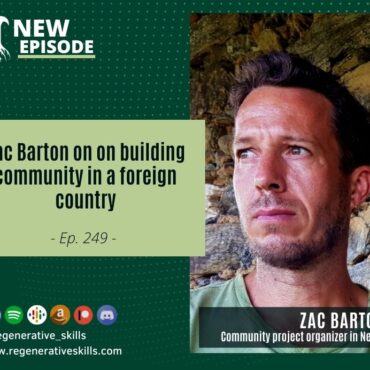
Zac Barton on building community in a foreign country
Today is the last episode of the series on building community. Though there remains so much to say on this subject, I wanted to wrap up this endlessly complex and […]
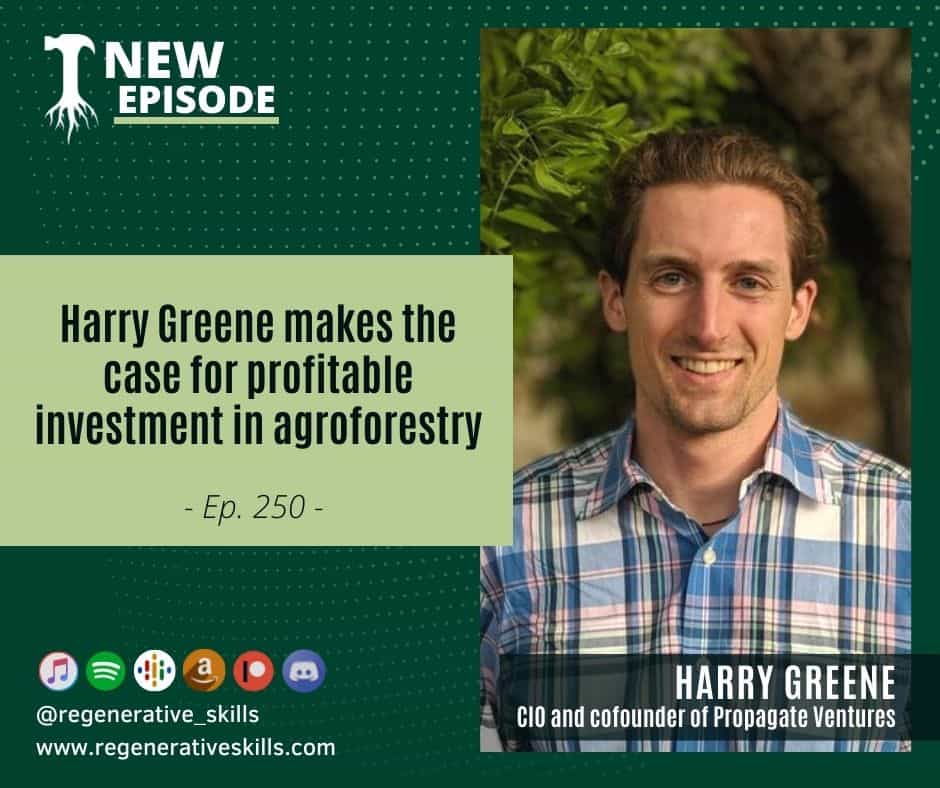

Welcome to a brand new series. Over the next months we’ll be exploring a wide variety of perspectives and knowledge about tree planting, agroforestry, forestry management, and everything to do with woody perennial species.
In the last couple years you’ve probably seen tons of articles and promotions about reforestation and tree planting initiatives around the world. Many of these are tied to specific climate change mitigation metrics as it becomes more and more apparent just how vital trees are for the health of life on this planet.
You may have also seen a lot of critical hit pieces about the inefficacy of many of these same planting projects when they’re poorly planned or executed. It turns out you can’t just go throwing any old tree in the ground anywhere and hope that it’ll either survive, thrive, or have a beneficial impact on the local ecology.
The need for better planting project planning, based on essential environmental observations and long term maintenance plans are the difference between catchy programs with big numbers attached to them, and initiatives that actually grow trees and can transform the health of the environments and communities where they’re grown.
There are so many good reasons to integrate trees into the majority of our landscapes and today I’m going to kick this series off by looking at the advantages from an investment perspective of planting profitable agroforestry systems.
In order to explain the complexities of financial modeling for perennial agriculture systems, I caught up with Harry Greene.
Harry is the Cofounder and Chief Investment Officer for Propagate Ventures,
an agroforestry investment platform focused on bridging the capital and operational needs to integrate tree crops into farmland. They’ve built agroforestry analytics and project development tools to support farmers in the design, implementation, and management of tree-crop systems to increase farm profitability and ecological capacity.
By partnering with operational farms and internationally-renowned farm designers, they work to implement realistic, functional agroforestry solutions. Propagate works within their partner farmers’ operational requirements, conventional or organic, to deploy proven agroforestry practices. From ranches to small family farms to large-scale grain operations, they help to find a solution that fits for any farm business.
Harry has also traveled around the world researching agroforestry systems and traditions.
In this episode we cover a really wide variety of topics. Harry starts by explaining the origins of Propagate Ventures and how he and his partners saw an opportunity to make a strong investment case for tree based production systems.
From there we go into the barriers that growers and investors face to starting agroforestry systems and some of the solutions to getting past them.
We also talk about the tools that their software Overyield makes available when planning the potential profitability of a new agroforestry investment, and some of the key considerations that are automated in the platform.
This talk is a lot more than the business and financial case for planting trees on farms. We go deep into the practical considerations of planting at different scales, the amendments and assistance that can help trees survive the first crucial years, the many configurations of tree planting that can compliment rather than hinder other farm enterprises and a whole lot more.
Links:
Tagged as: agroforestry investment.

Today is the last episode of the series on building community. Though there remains so much to say on this subject, I wanted to wrap up this endlessly complex and […]
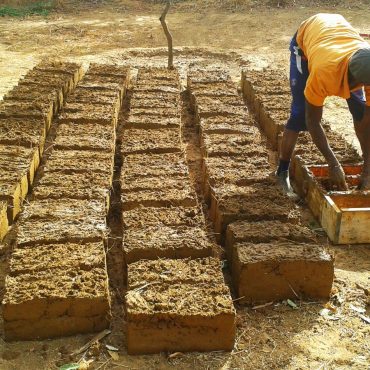
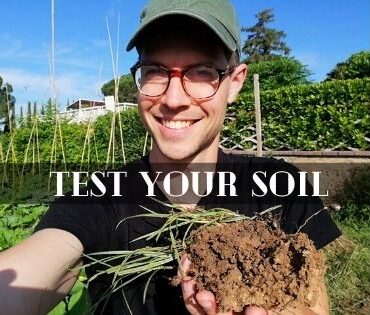
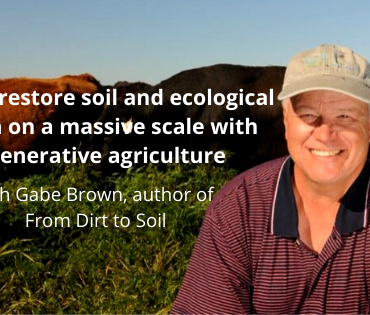
Copyright Regenerative Skills 2021
Post comments
This post currently has no comments.